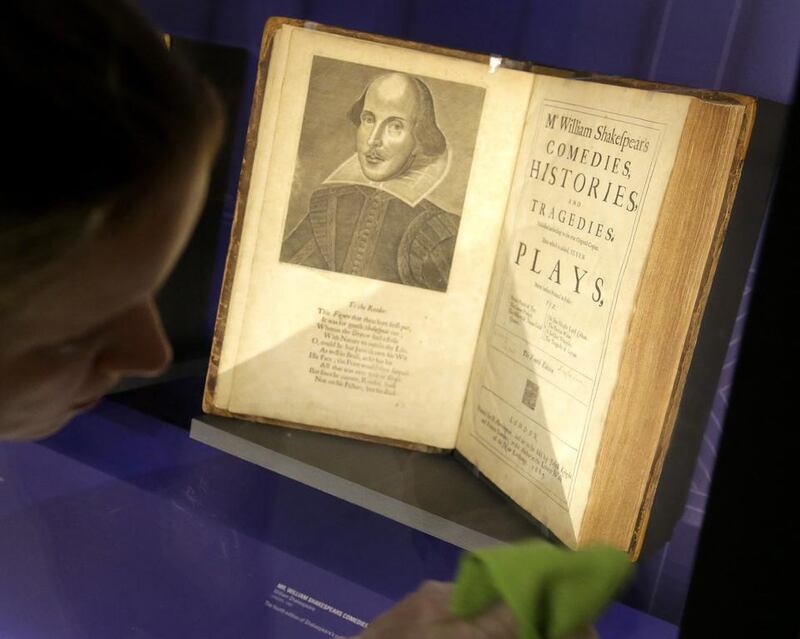Western civilisation is built upon narratives that have shaped language, culture and thought. Authorship of the most famous narratives is a source of long-term debate and controversy. The work of William Shakespeare, for example, grips our attention in a remarkable way. Given the depth of Shakespeare’s work from sonnets to plays and its enlarged effect on the English language, any revelations about the provenance of the work is bound to create controversy.
The recent controversy in the saga has been sparked by the latest edition of The New Oxford Shakespeare compendium. Advanced textual analysis has persuaded the editors to credit Christopher Marlowe, a contemporary playwright of Shakespeare's, as a co-author on several plays including Henry VI.
The editors of the New Oxford used computerised analysis to statistically determine the words and phrases preferred by each writer. The algorithm then determined the manner in which the writers constructed narratives and discovered evidence that they must have collaborated on a number of plays previously attributed to Shakespeare alone.
The hypothesis that Marlowe was involved in Shakespeare’s greatest work is not new (it has been kicking around since at least 1819). Advancements in technology, however, have given researchers new power to answer the question. But does that sufficiently satisfy our curiosity about Shakespeare’s life or, perhaps more importantly, does it change the quality and impact of his work?
Seeking truth about the provenance of literature is part of our nature but it is equally important to focus on the lessons transmitted in Shakespeare’s work. Thus, it is wonderful that people are excited about these new details in Shakespeare’s life but the real positive effect of these revelations would be renewed interest in reading the work itself. While it is easy to get lost in the mystery of the story, it is much harder, especially in our world of social media distraction, to meditate on the work itself and get lost in the narratives Shakespeare (and company) left the world so long ago.





